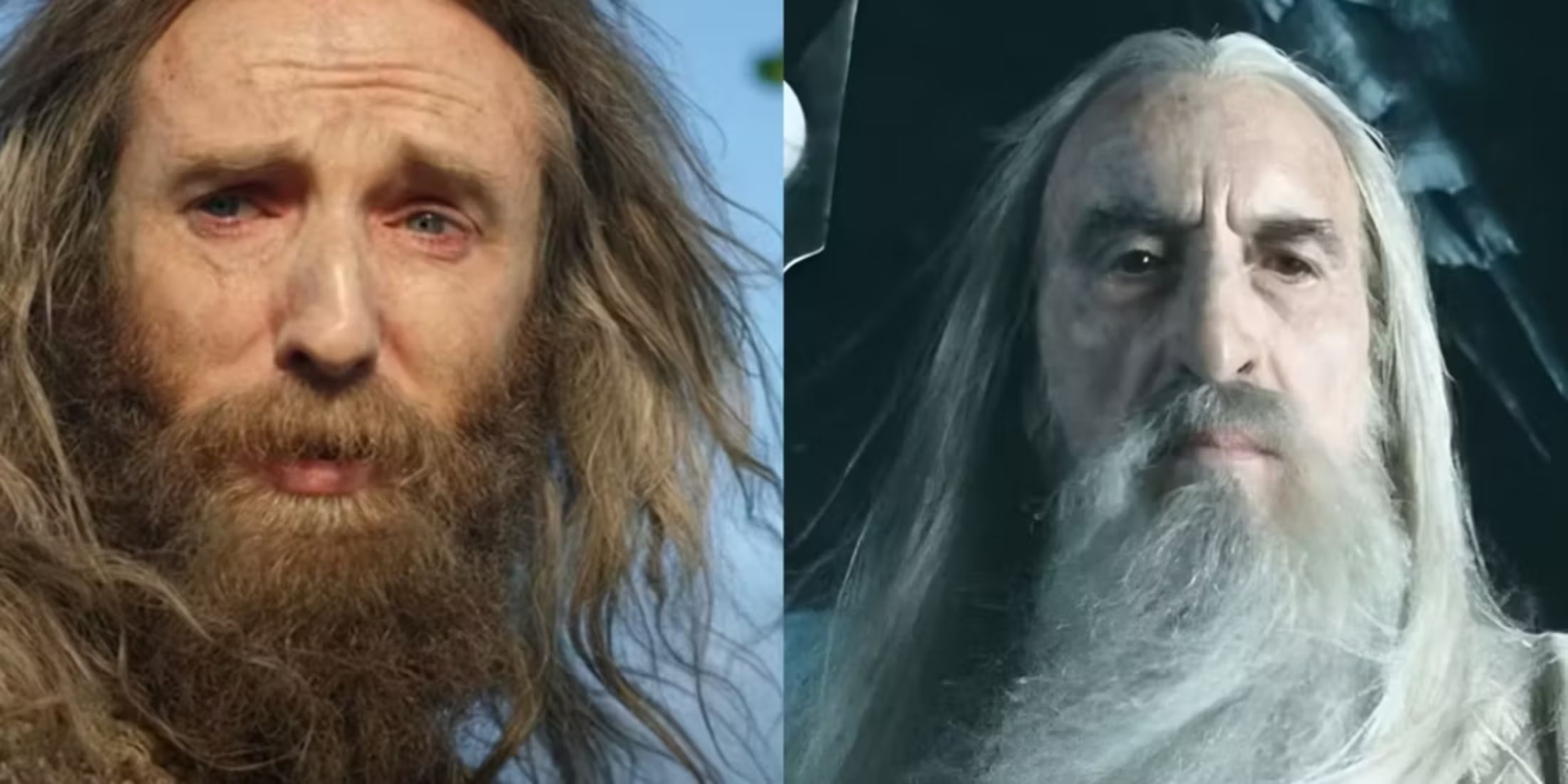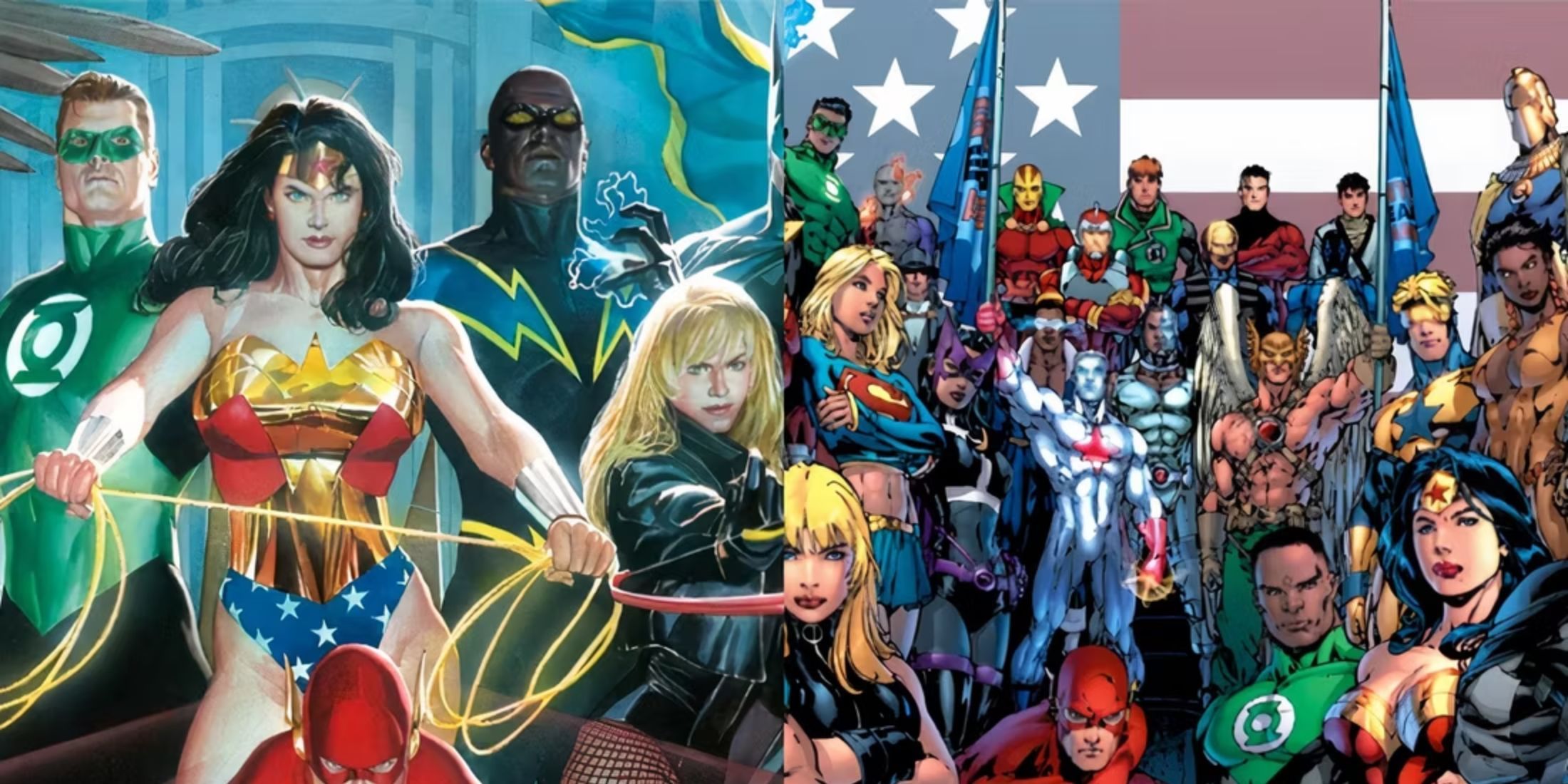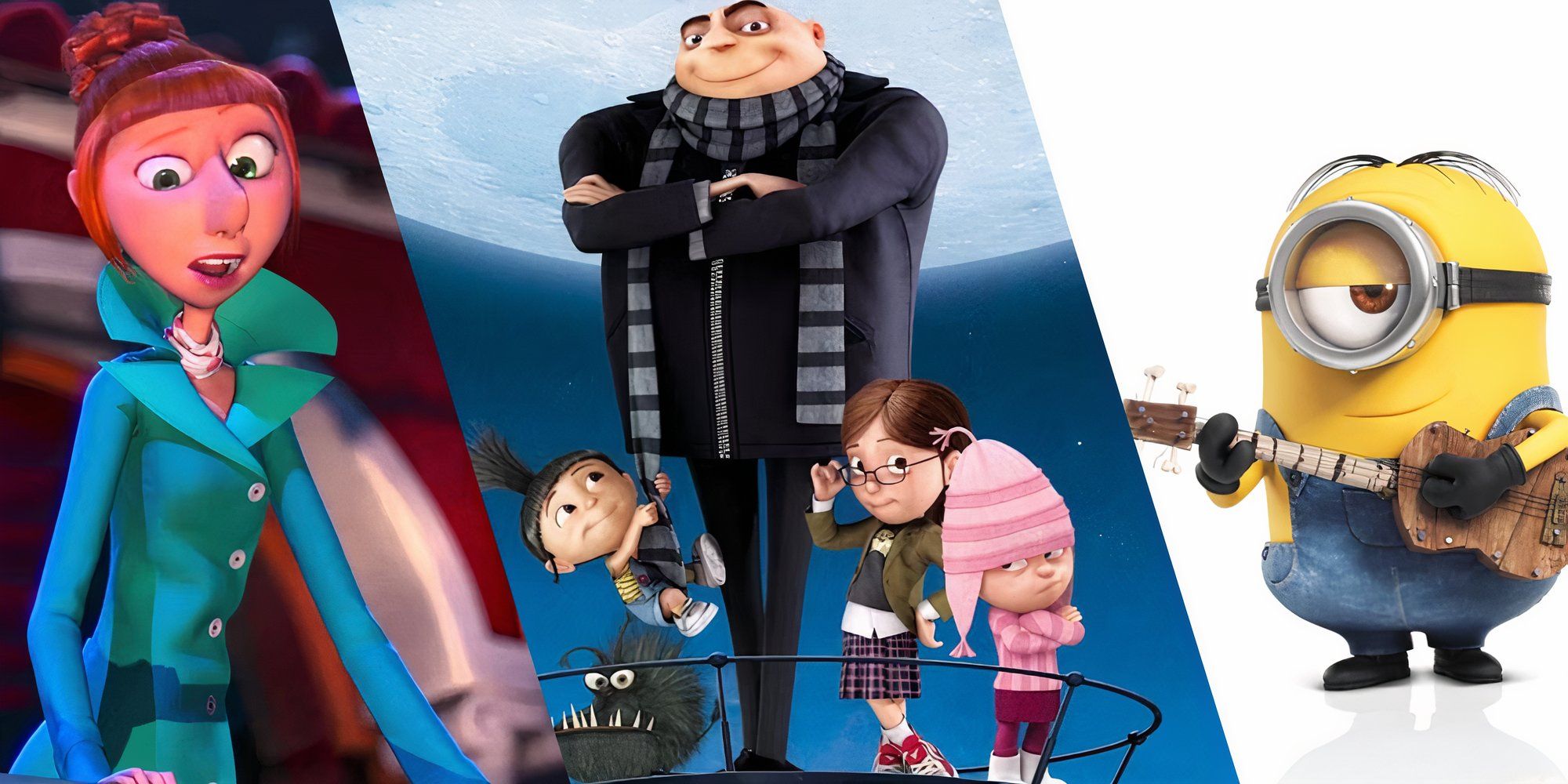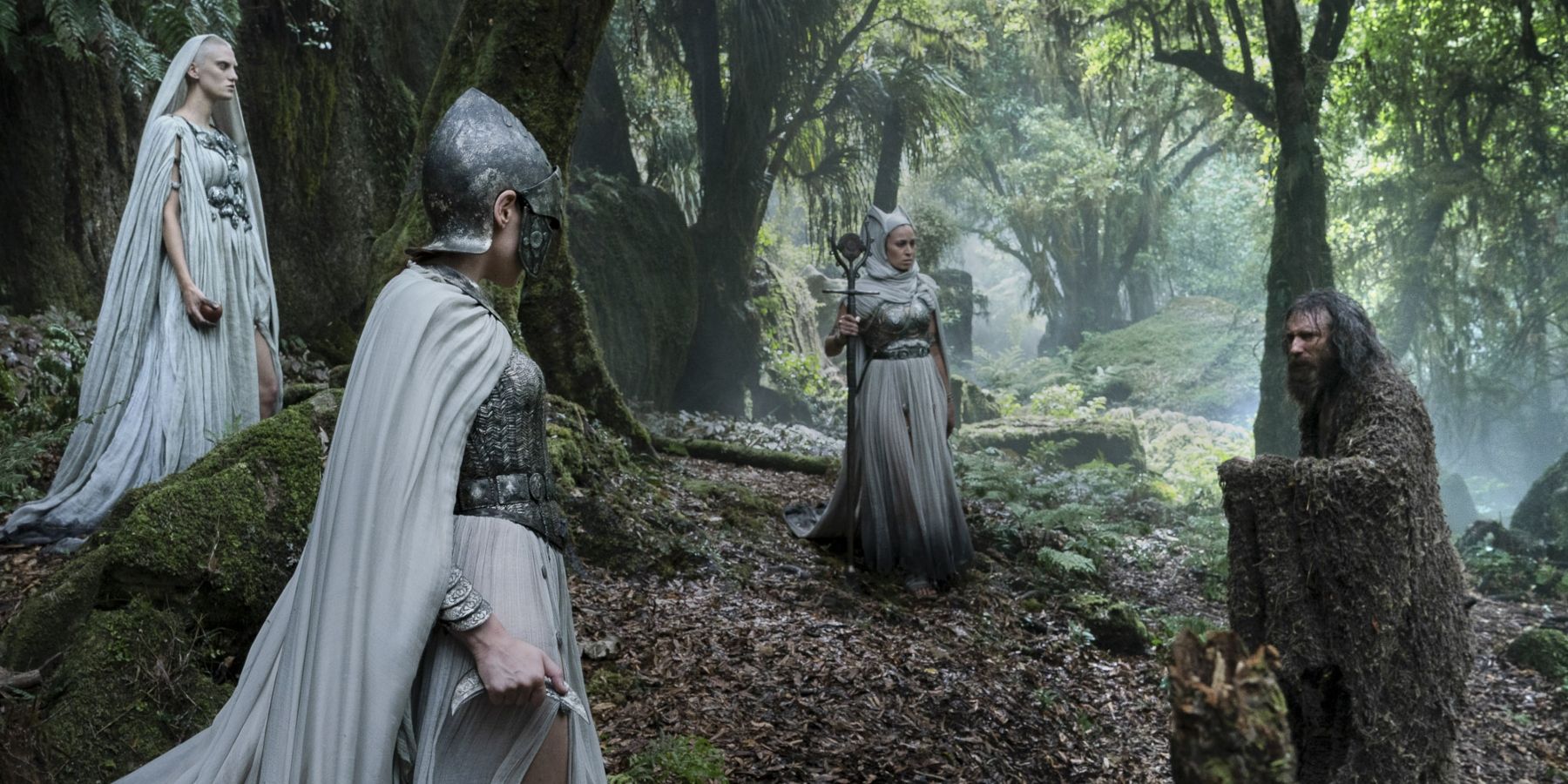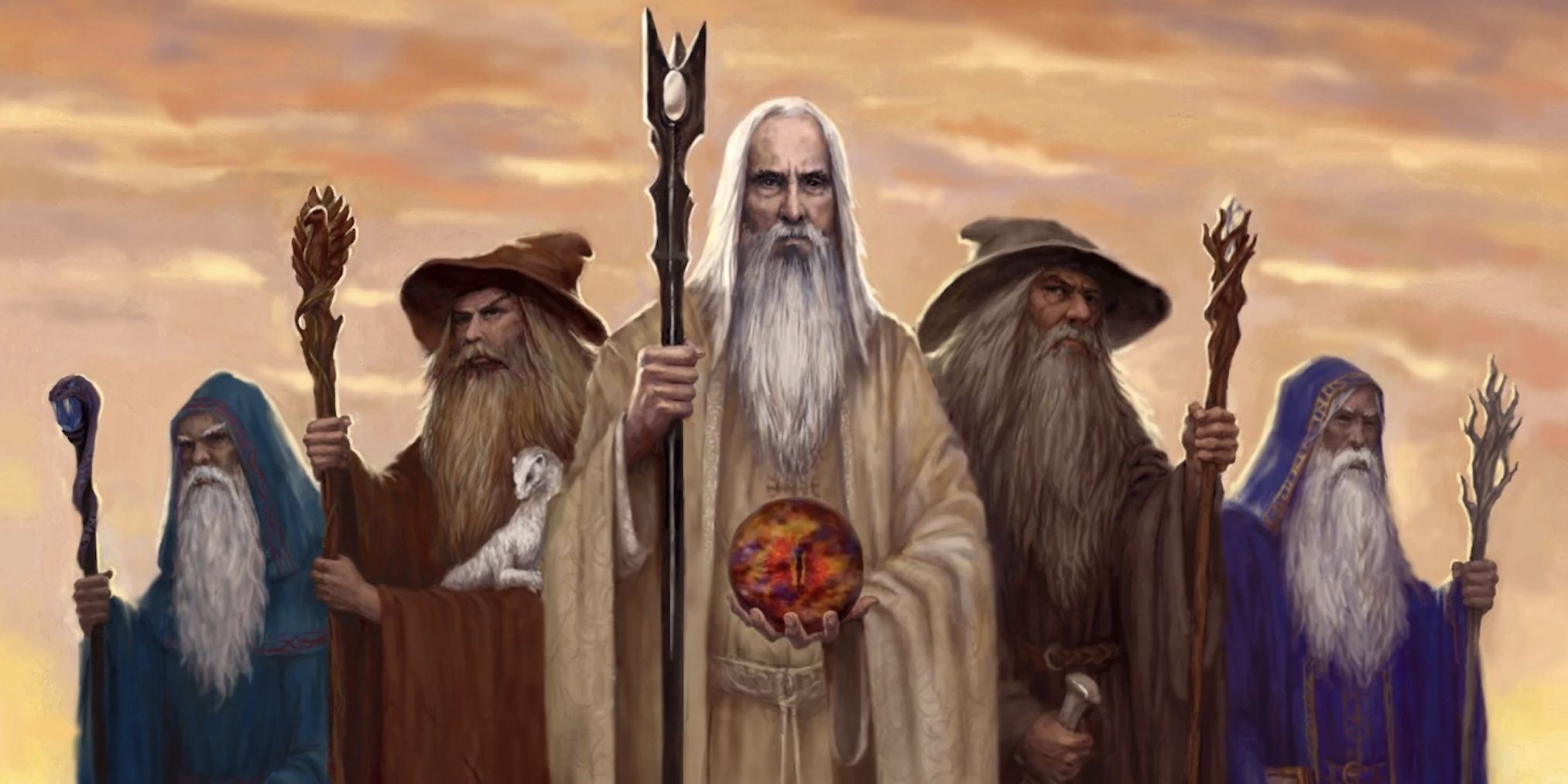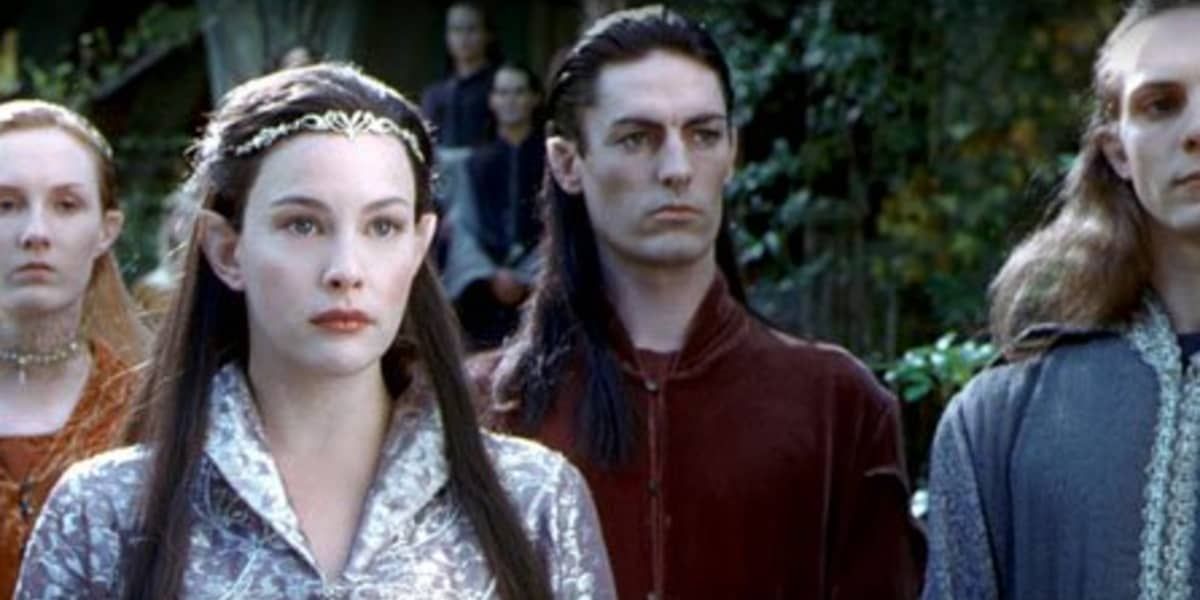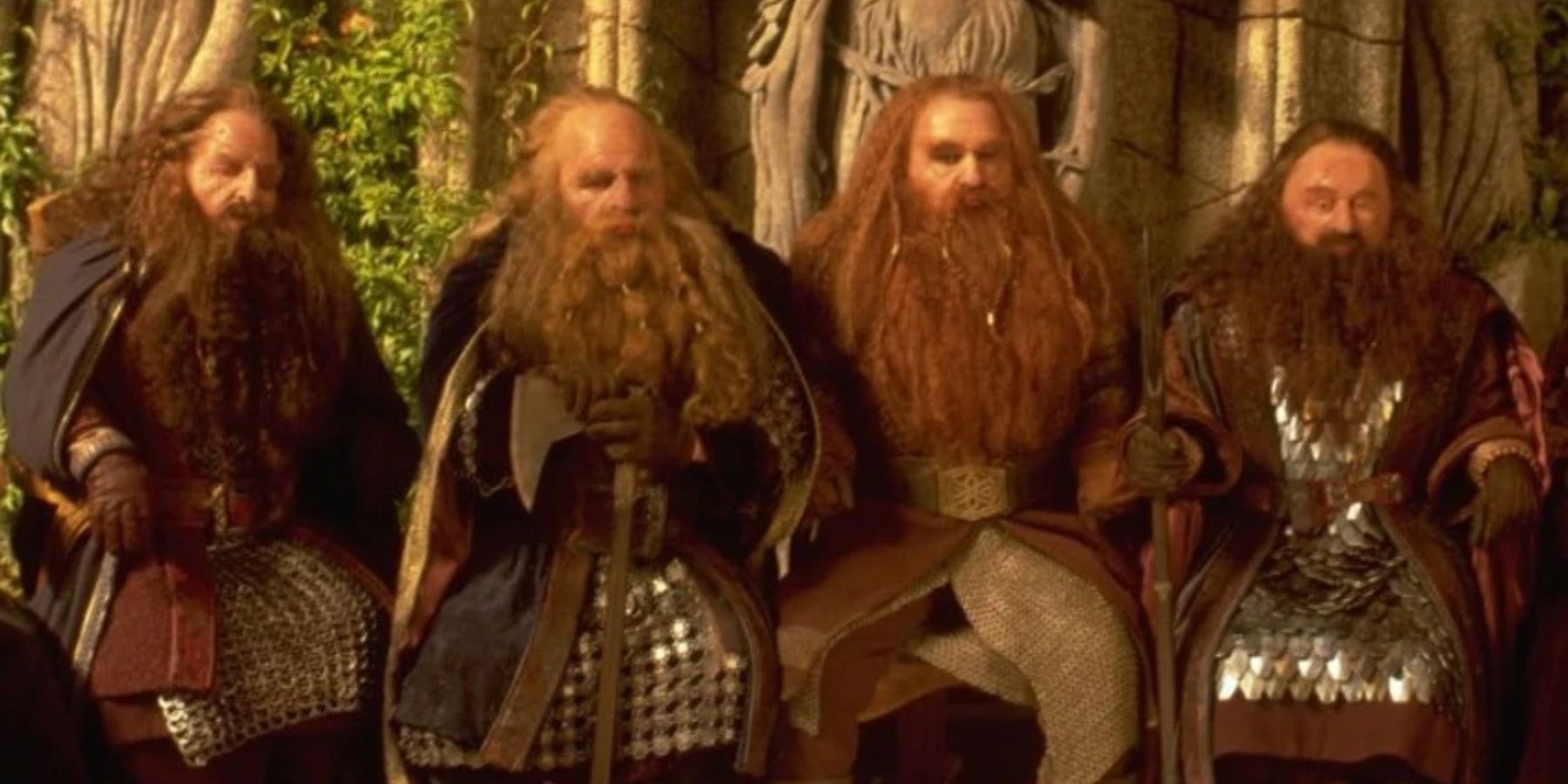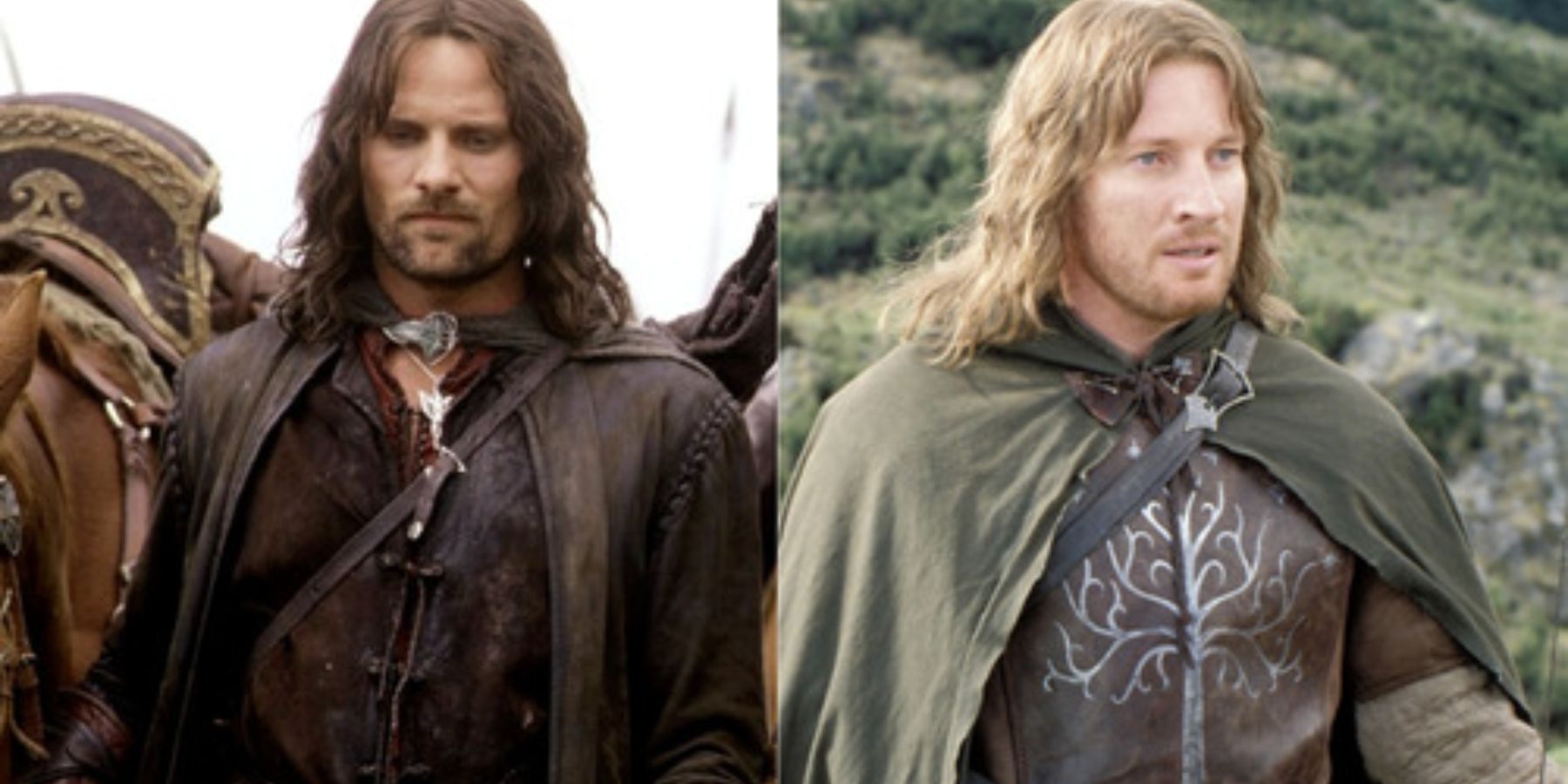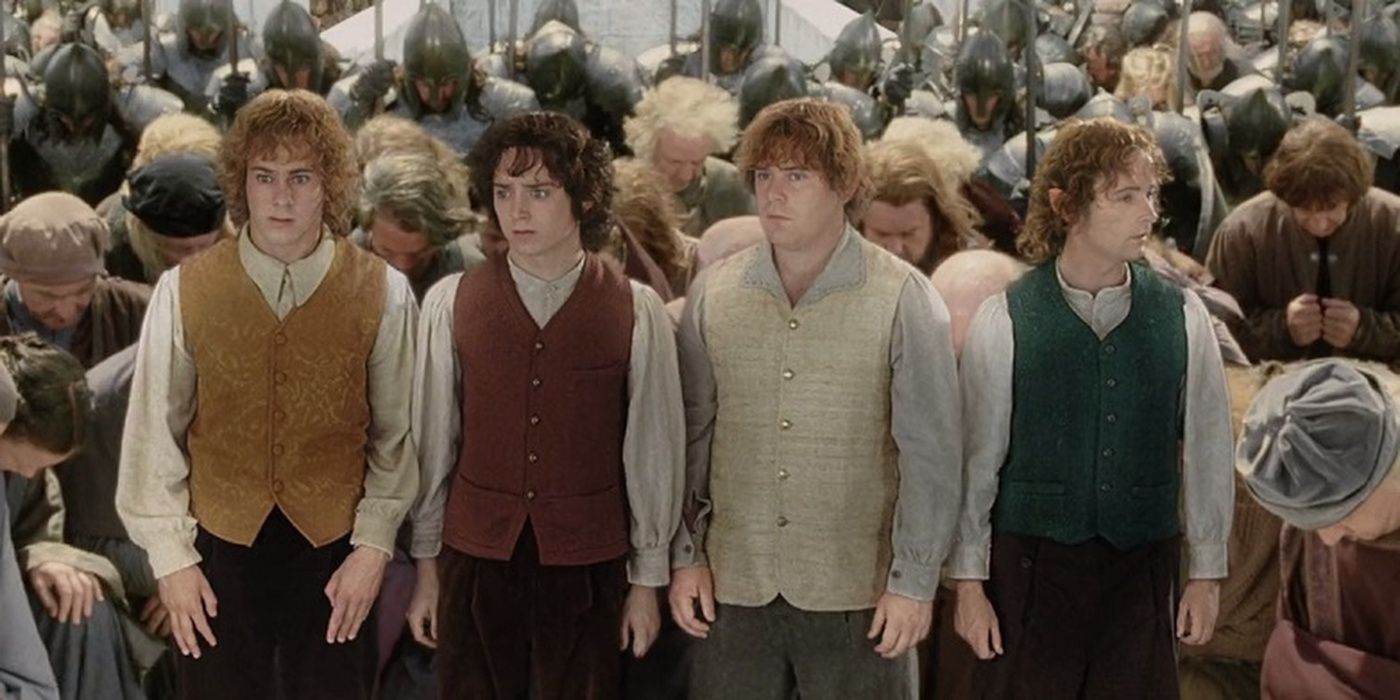Magic can be an amazing gift, or a terrible weapon, depending on whose hands it lands in, and this is something that Tolkien has expressed deeply in his works. In the Lord of the Rings, characters like Tom Bombadil, or the wizards who come to Middle Earth during the Third Age, hold immeasurable power that ultimately sculpts the fate of the world.
Rings of Power took this one step further and showed that magic is not to be taken lightly, and when characters begin to meddle with it, they can quickly become ensnared by it, like being corrupted by the Palantir for example, or turned into wraiths because of the powers of the rings. But magic can also save lives, defeat a great evil, and create amazing possibilities. So here's a look at some of the most prominent races of Middle Earth and how they view magic:
Maiar
The maiar are the most obvious example of magic, because this group makes up the wizards like Gandalf and Saruman, as well as Sauron himself. They are the race that can most easily tap into the magic of their world, but this comes with both gifts and curses. Saruman the white is proof that when given too much magic and power, it can begin to corrupt and twist, until he is all consumed by it, and no longer satisfied with the gifts he has been given. But Gandalf is his opposite and stays true to his mission to use magic for the good of all, to guide and to help the children of Illuvatar.
The wizards' interactions with magic don’t start out good or evil, but are subject to the things they are exposed to. Saruman stayed good and true for thousands of years, but eventually succumbed to the temptation of the darkness. Whereas according to the recent Rings of Power series, Gandalf (who is confirmed to be the stranger) could have been pulled towards evil very early in his journey when the 3 sorcerers mistake him for Sauron, but is brought back from the brink by his love of Nori the hobbit, who teaches him to be good. Even Sauron, who is a canonical evil character in Tolkien’s original lore, was portrayed within the series to have developed a moral conscience, and may have come to regret forging the one ring and tampering with its terrible magic, in his final moments.
Elves
Of all the beings in Tolkien’s world, the elves are probably the most respectful towards magic, because they have seen over the centuries what beauty it can create, but also what awful destruction it can cause. The elves grew up around magic from their very first moments, living by the light of the trees of Valinor, having a strong connection to the valar who made them, and didn’t know the evil powers that magic could bring forth until they were betrayed by Morgoth, and then later tricked by Sauron.
Having learned from their naive mistakes during the earlier ages, the elves have far more of an understanding of its potential for both good and evil, which is why they protect the 3 elven rings, why they help the fellowship who try to remove evil magic from the world, and why they are guarded about who they trust with their secrets.
Dwarves
Dwarves as a race are of the earth, meaning that they prefer to deal in the realms of the physical world, rather than dabble in the unseen. For their history, magic has often meant ruin and death, including magical beasts like Balrogs and dragons, who burned their kingdoms and killed their people.
They hold much superstition around magic and the people who use it, which is why Gimli is so weary about the bewitchment of the white lady of Lorien (aka Galadriel) in the Lord of the Rings, until he meets her and sees that she is in touch with a much softer, more pure form of magic than he at first believed. This is also why king Durin was so angry with Elrond and the prince for digging up Mithril, because he knows of the evil magic that lurks in the deep places of the world, and he fears the repercussions of bringing it to light.
Men
The race of men very much split into 2 factions when it comes to magic: those who fear it, and those who abuse it. Humans aren’t innately born with the ability to use magic, so those who acquire it often do so by nefarious means, which inevitably leads them to cruelty and misery.
The three sorcerers from the Rings of Power are a great example of this, because they have tapped into the powers o the Unseen World in order to be able to control the elements of fire and magic, but it deceives them and the signs lead them to the wrong place, which ultimately ends in their undoing. Theirs is an ancient form of enchantment, suspected to have been learned in a cult of corrupted men, and the discovery of this may be what awaits the heroes in Rhun in season 2.
Then there are those who fear magic, like Denethor, who quickly gives in to the hopelessness and the defeat shown to him in the Palantir by Sauron, who aims to weaken the defenses of the stronghold of Gondor. Sauron knows that if Gondor falls, the race of men will fall too, and it works, especially in the movies where Denethor is so paranoid and afraid of the visions he has been shown, he didn’t even evacuate Minas Tirith before the orcs began to attack. He is weary even of Gandalf’s magic, and accuses the wizard of trying to usurp him.
Hobbits
Hobbits too, are distrustful of magic. They value the simple things in life, a warm meal, a well-kept garden, and a good party, so the greater powers at work within the world feel beyond them. They see any kind of disturbance of the peace as a problem, and prefer not to engage in the wider affairs of Middle Earth on the whole.
Few hobbits ever really see the true extent of the power of magic that is sewn into every fiber of their home, and those who do like Frodo and Bilbo come back changed by the experience. Whether it’s being a ring-bearer, or being healed at the Last Homely House, hobbits tend to feel that magic is better left well enough alone.

